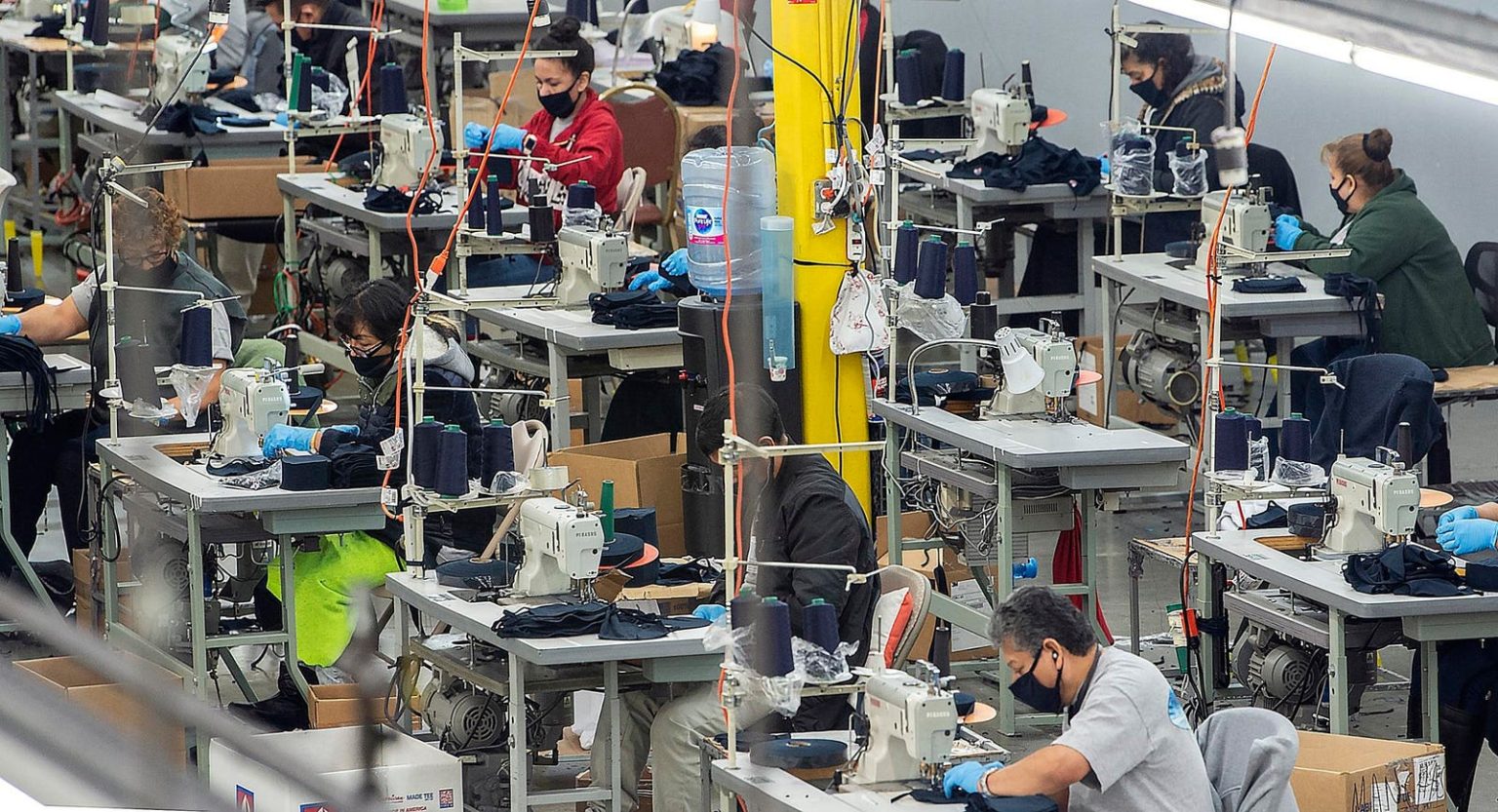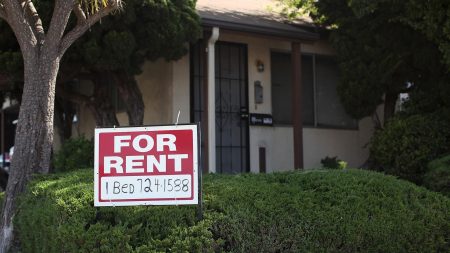In an environment where wealth inequality is a pressing political issue, William A. Mundell argues that the best approach is not more government redistribution programs but rather having companies extend share ownership more broadly. His viewpoint is based on the idea that wealth creation through equity ownership is profit sharing both now and in the future. Mundell suggests that incentivizing companies to reward nonexecutive employee performance with company stock could help address the issue of wealth inequality in the United States.
Mundell reflects on the current sentiment towards capitalism and socialism in the U.S., noting a shift in attitudes among younger generations. He references a Gallup poll that found Gen Z respondents were almost evenly split on whether they view capitalism or socialism more favorably. This shift in perspective highlights a growing concern about intergenerational mobility and the need to explore new solutions to address wealth inequality.
Decades ago, Congress made efforts to incentivize companies to extend share ownership more broadly through programs like ESOPs. However, despite research demonstrating the mutual benefits of broad-based employee ownership for corporations, shareholders, and employees, the adoption of such programs has been limited outside of Silicon Valley. Mundell suggests that instead of implementing more government fixes, a market-driven solution could be more effective in promoting employee stock ownership.
To encourage companies to adopt broad-based employee ownership, Mundell proposes the creation of a public-facing Employee Ownership (EO) Index. This index would measure employee stock ownership within and between companies, providing transparency and allowing companies to signal their commitment to employee ownership. By making employee ownership data visible to all Americans, the EO Index could potentially impact market value and encourage companies to compete on employee-ownership adoption.
Mundell’s nonprofit organization, Work to Own, along with a team from Harvard Business School and other leading institutions, is releasing an Employee Ownership Index for the S&P 500. While the index will require further refinement due to data limitations, it aims to create a new market standard for measuring broad-based ownership that will encourage companies to strive for better employee stock ownership practices. Mandating that companies disclose employee stock compensation by income cohort could further enhance the robustness of the rankings and empower companies as change agents in addressing wealth inequality.
By finding solutions that expand wealth from the bottom up through broad-based employee ownership, Mundell believes that the economic mobility problem in the U.S. can be addressed without relying on increasingly larger rounds of government redistribution programs. He emphasizes the importance of restoring the founding vision of America, where the working class can once again be “temporarily embarrassed capitalists,” as described by John Steinbeck. Through initiatives like the Employee Ownership Index, companies can play a crucial role in promoting economic equity and strengthening the future of democratic capitalism in the U.S.















